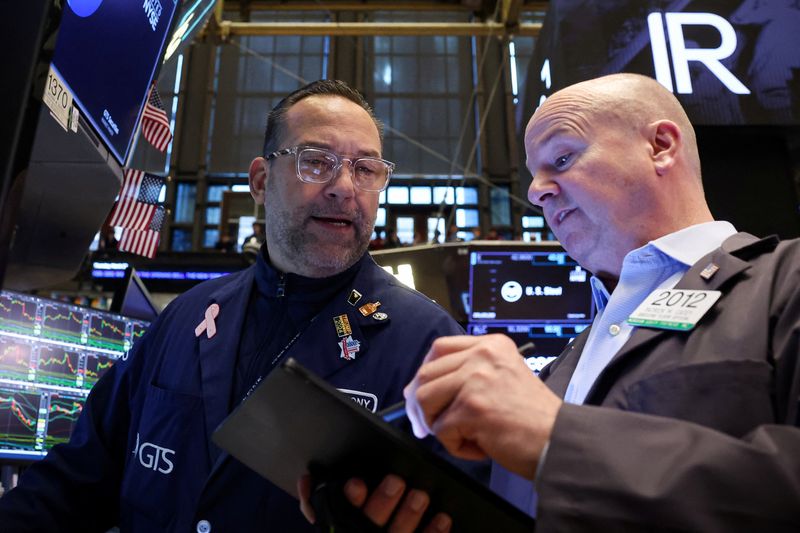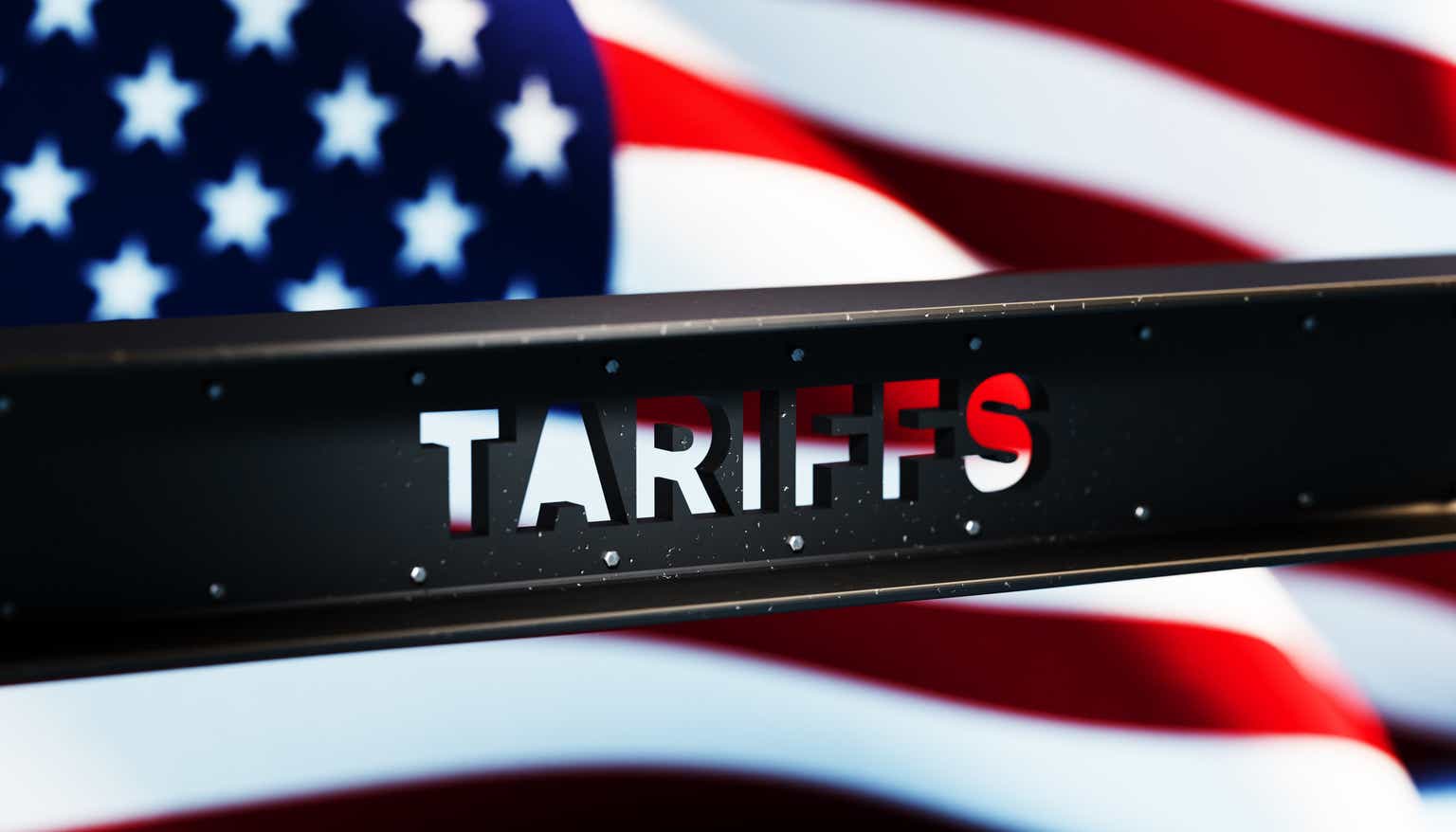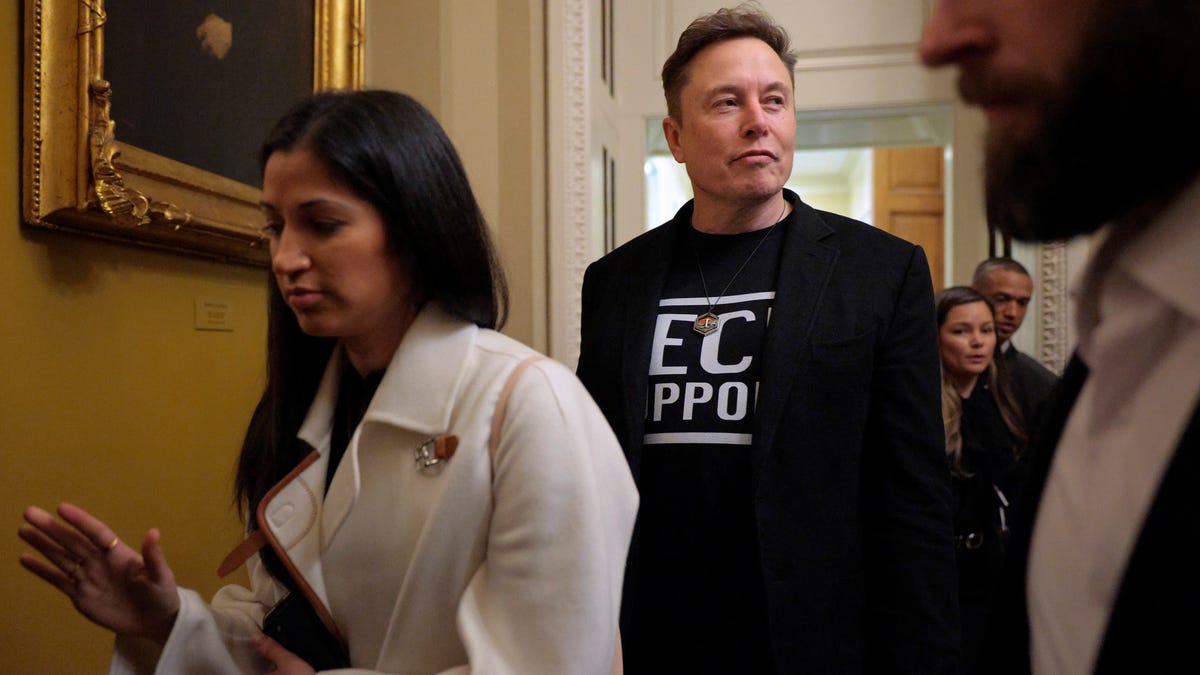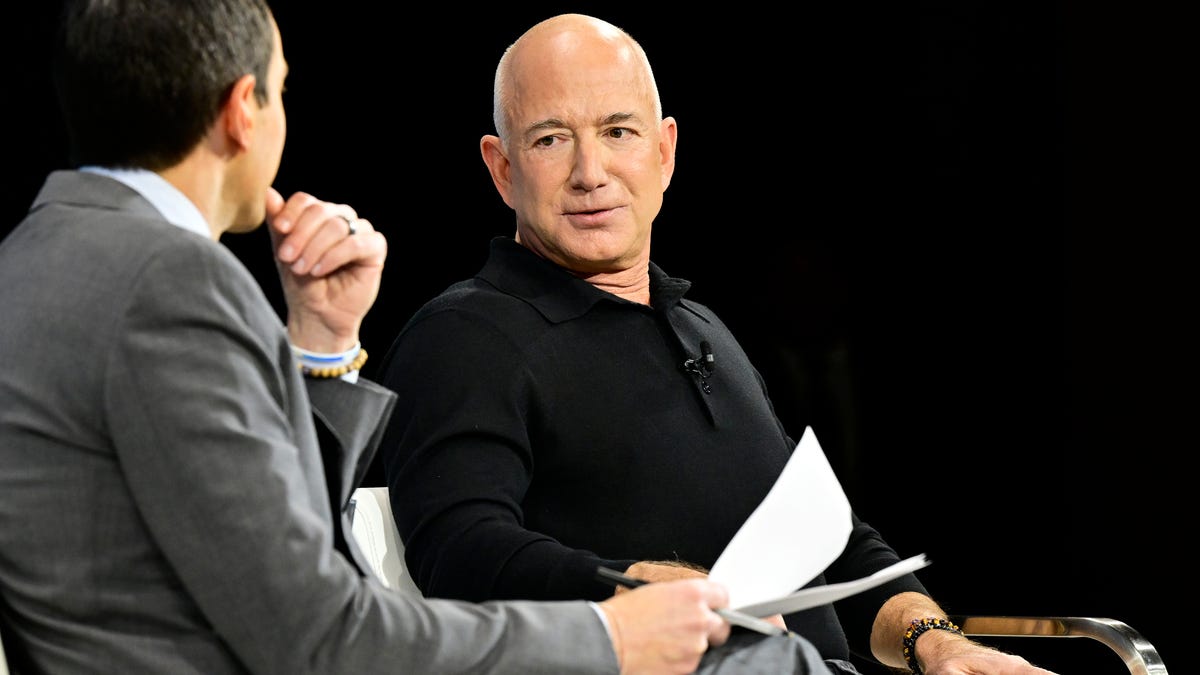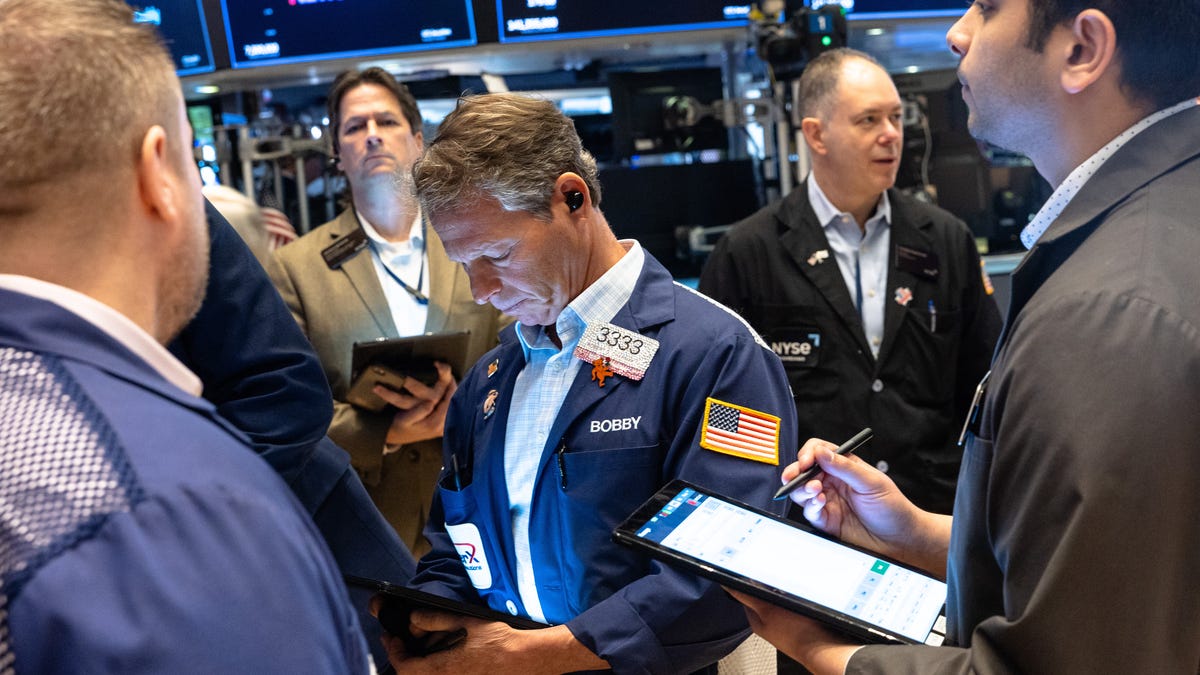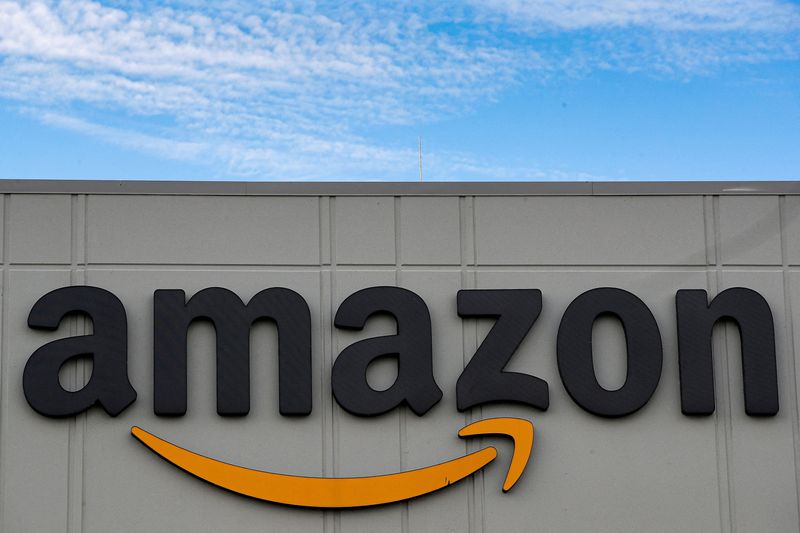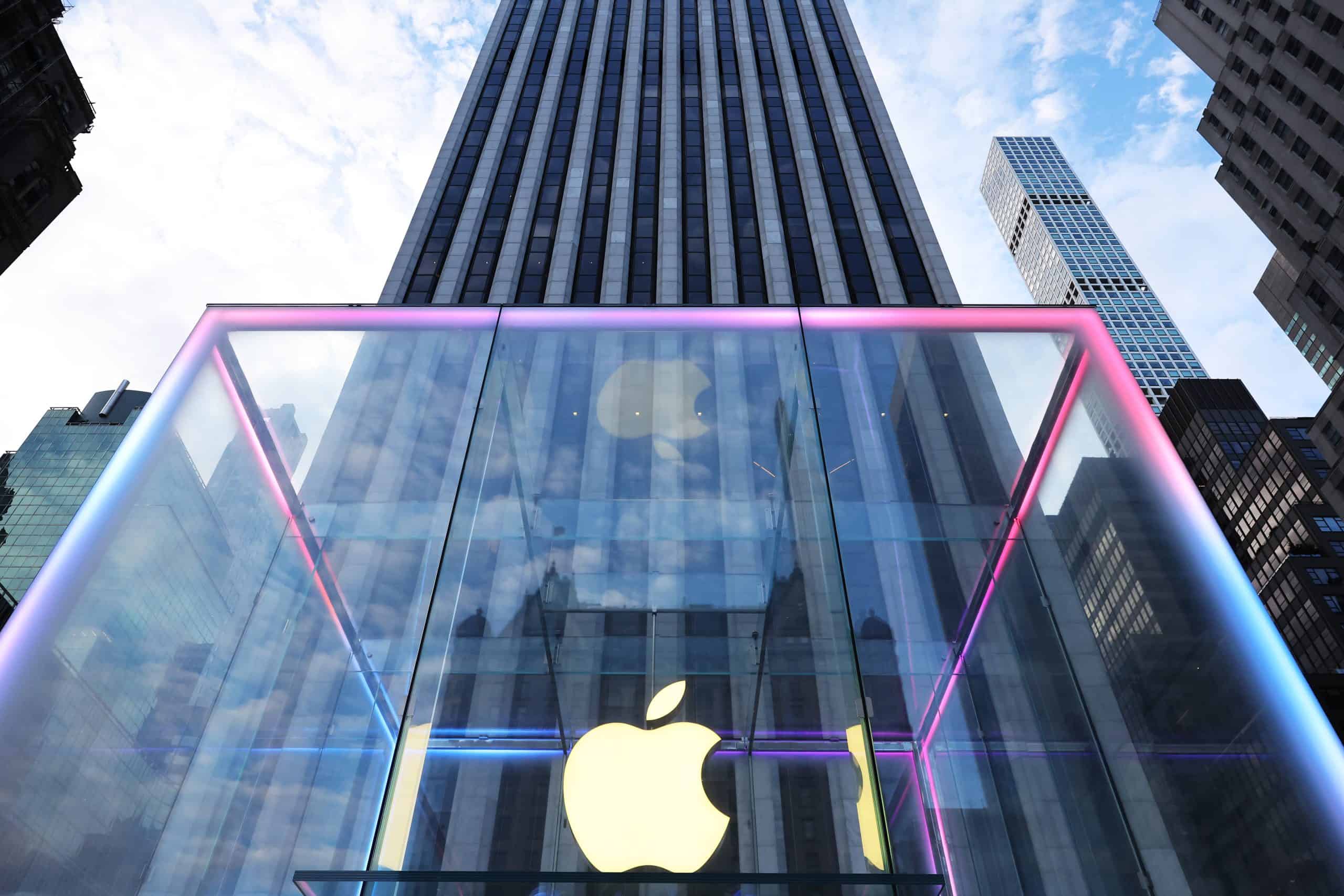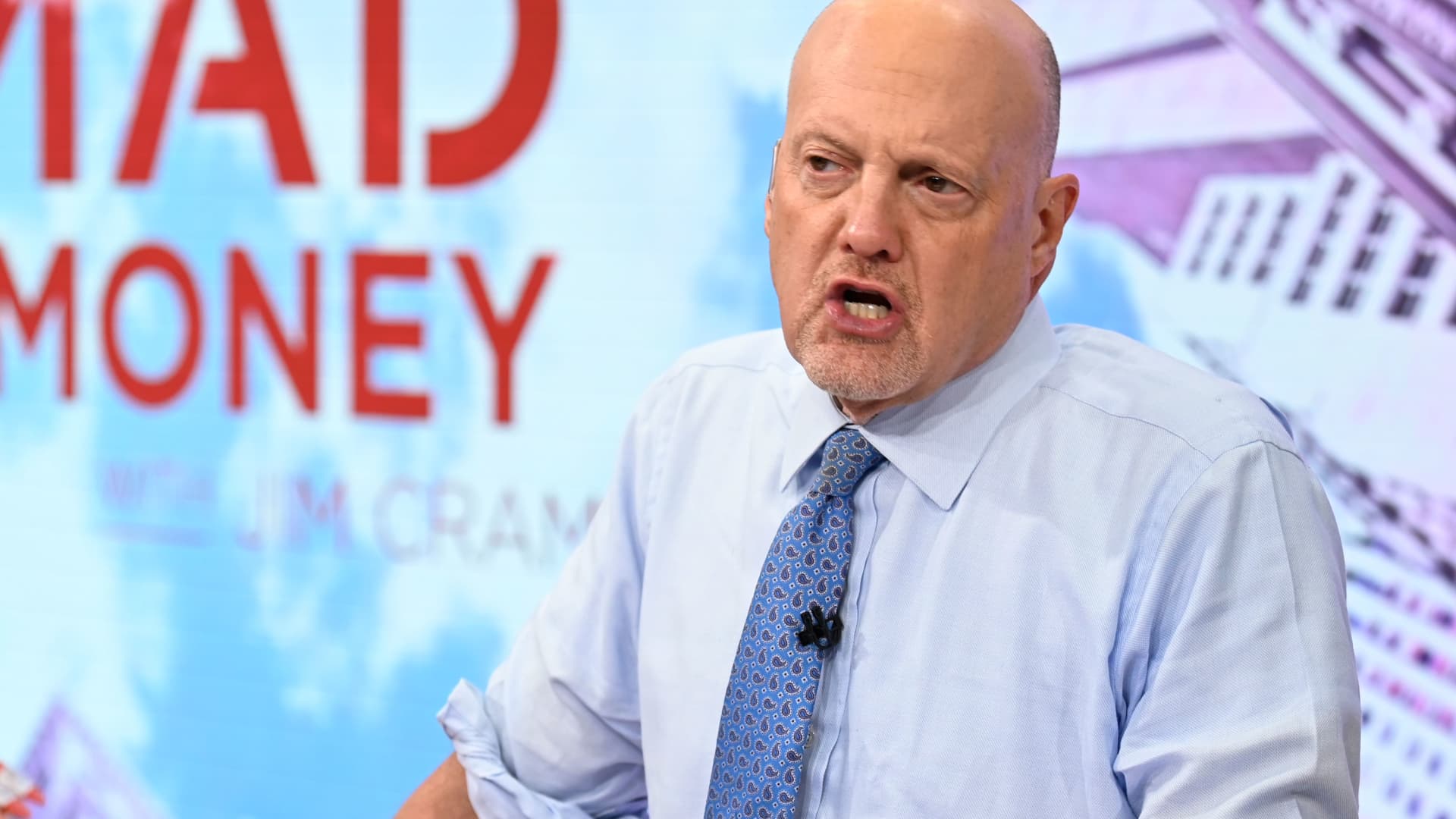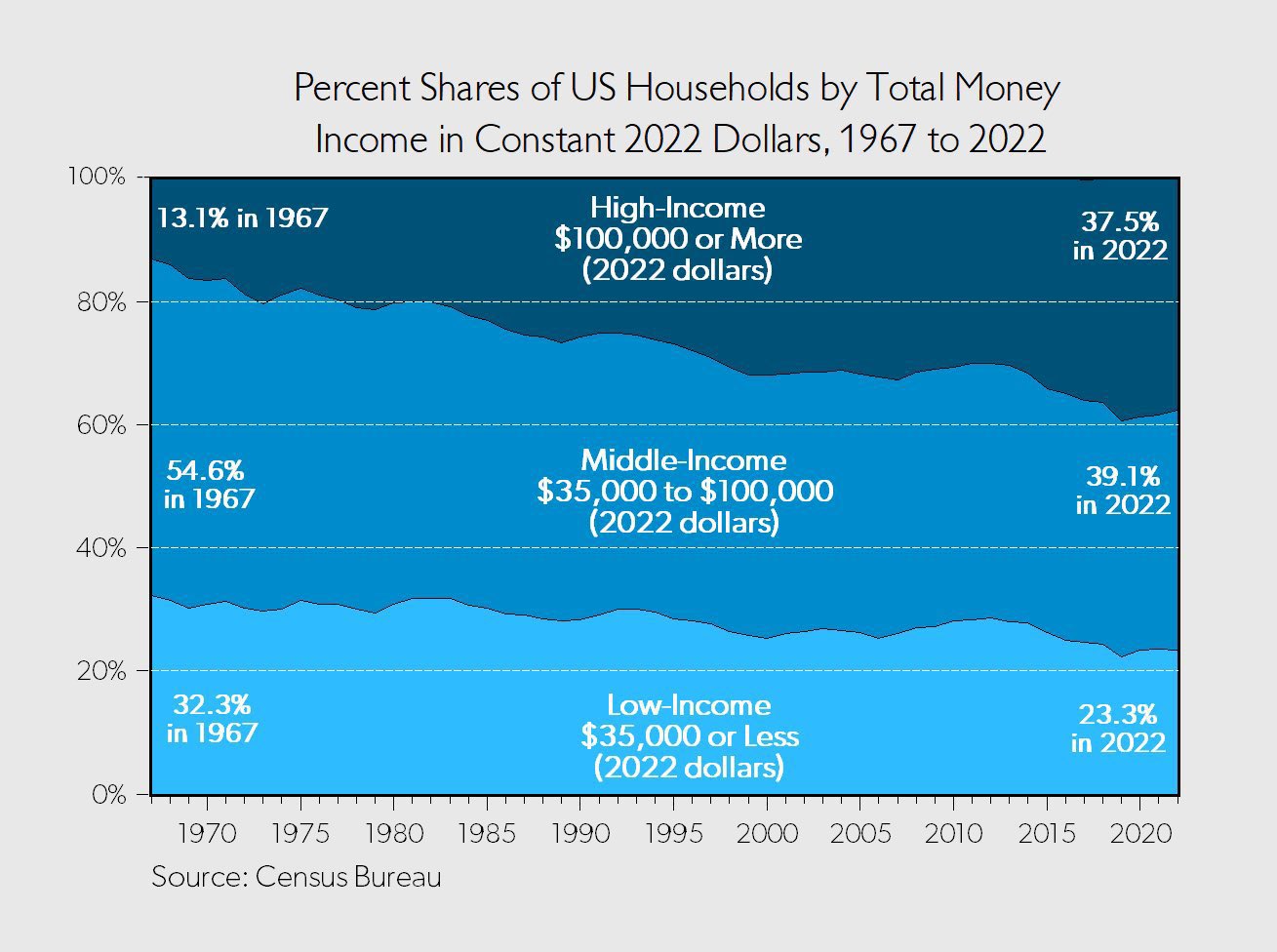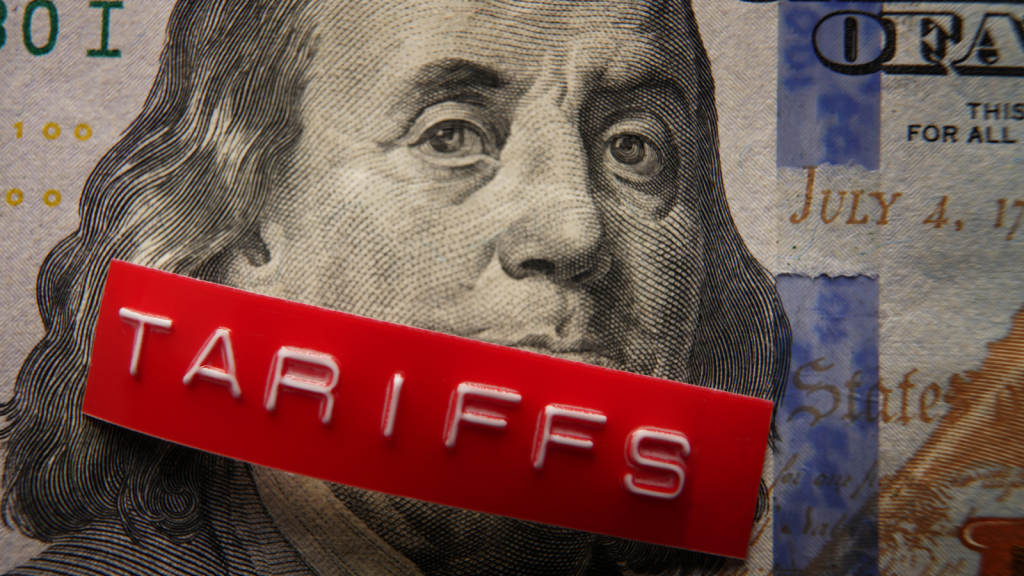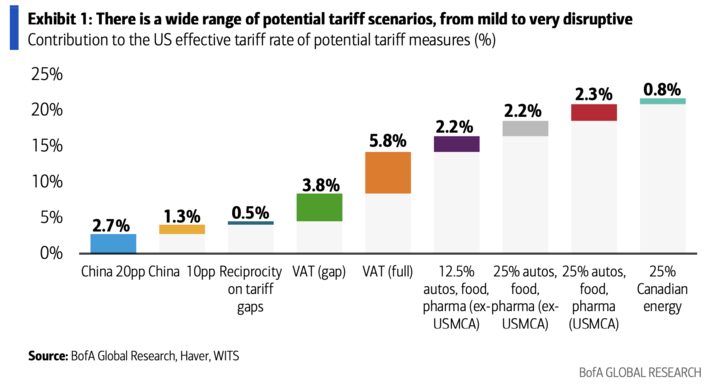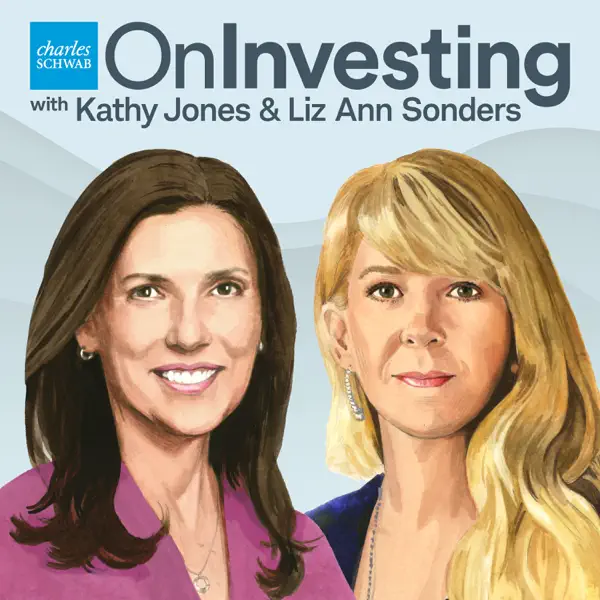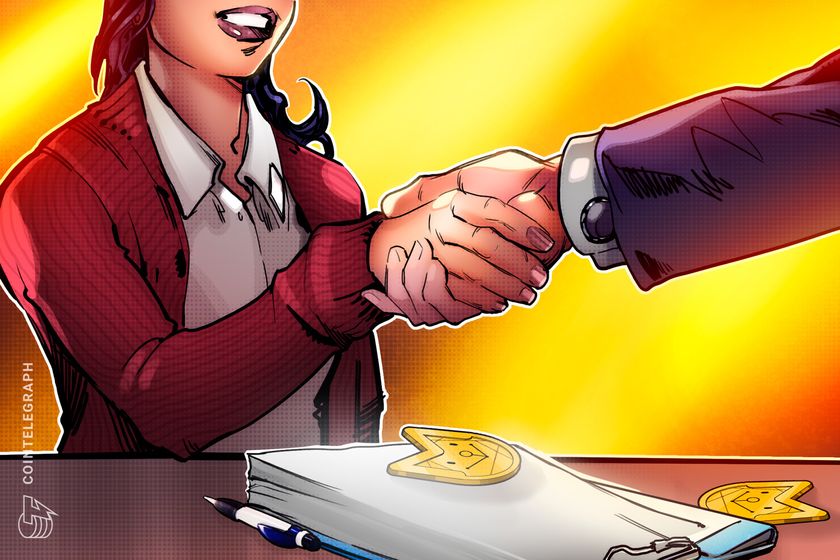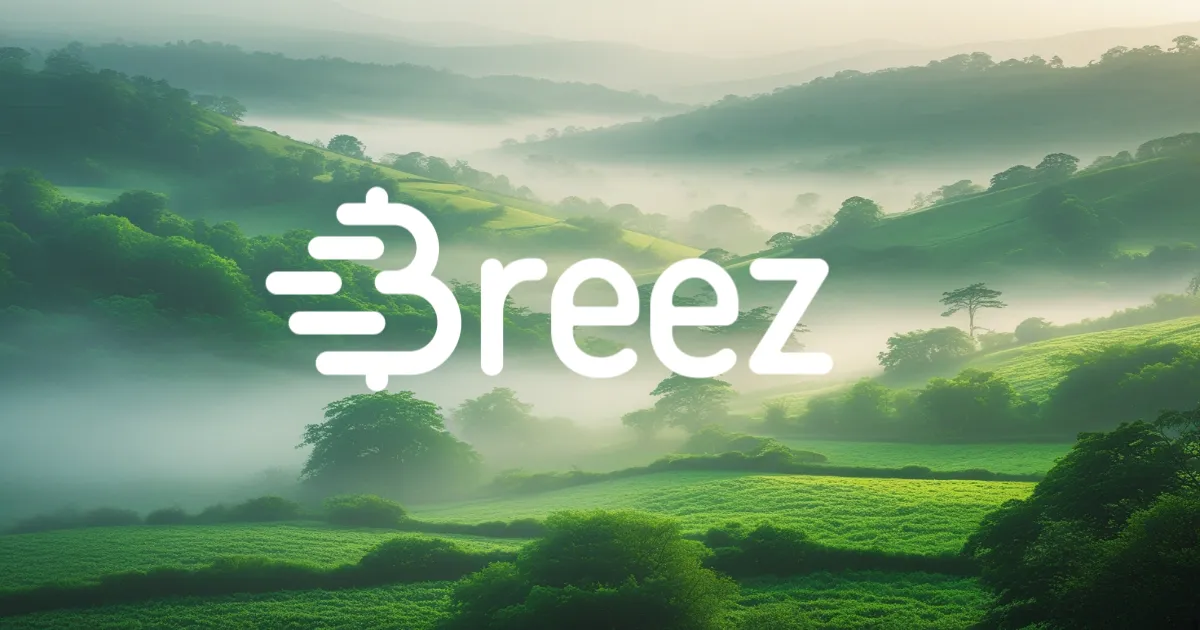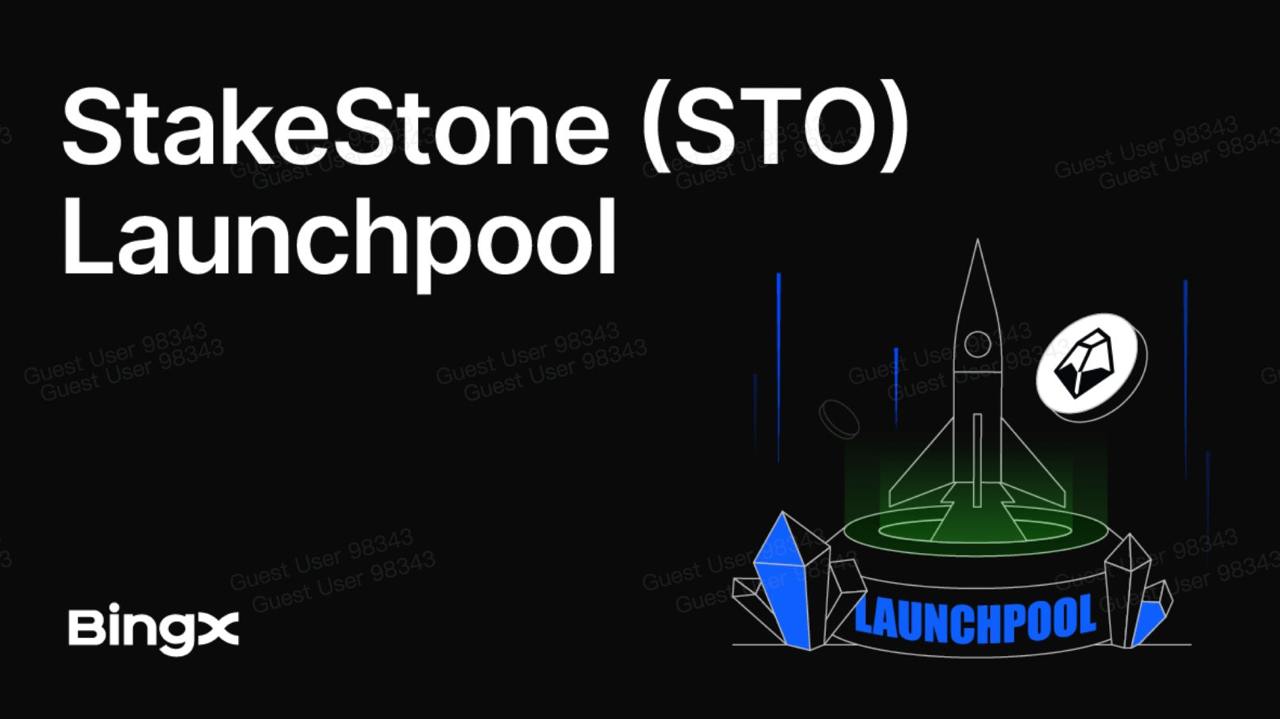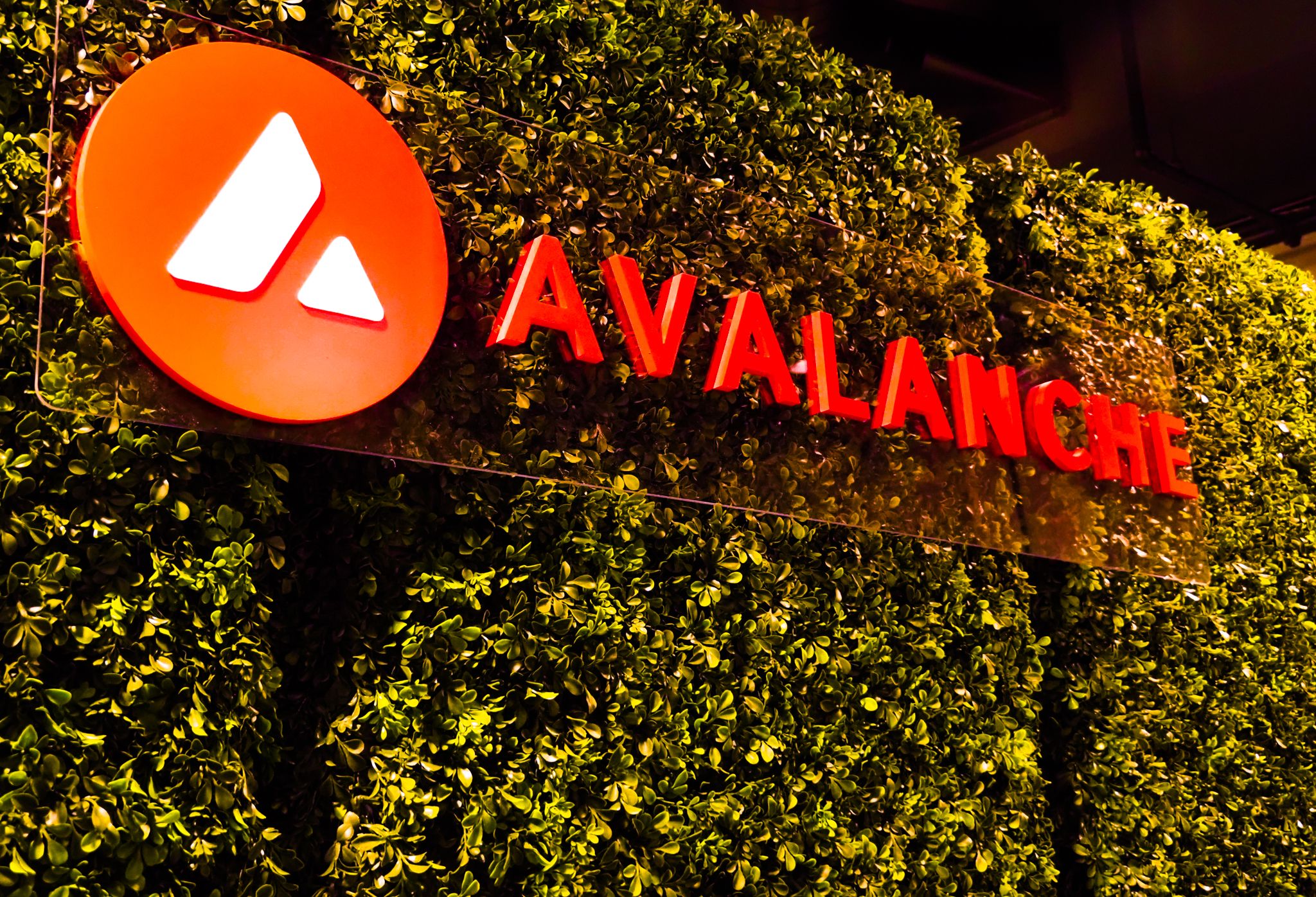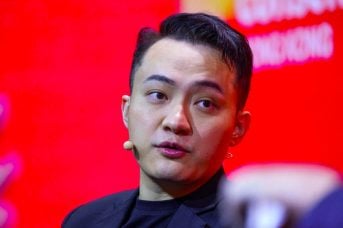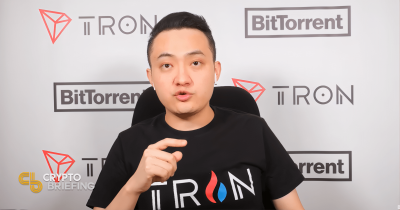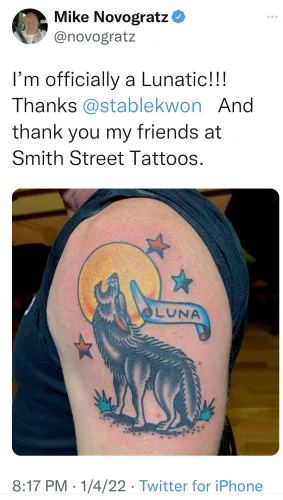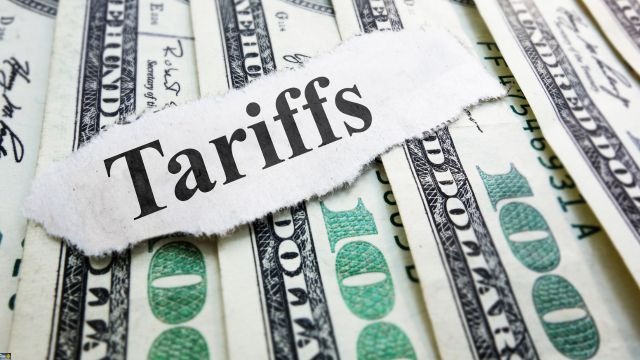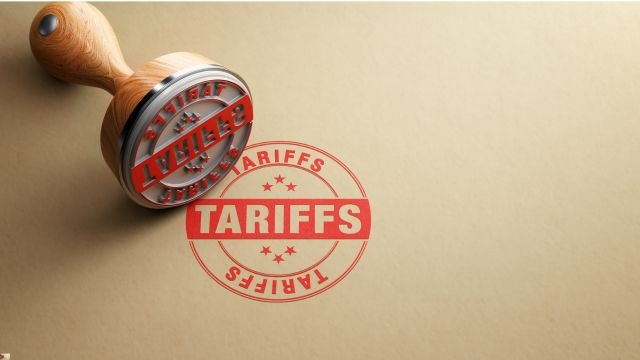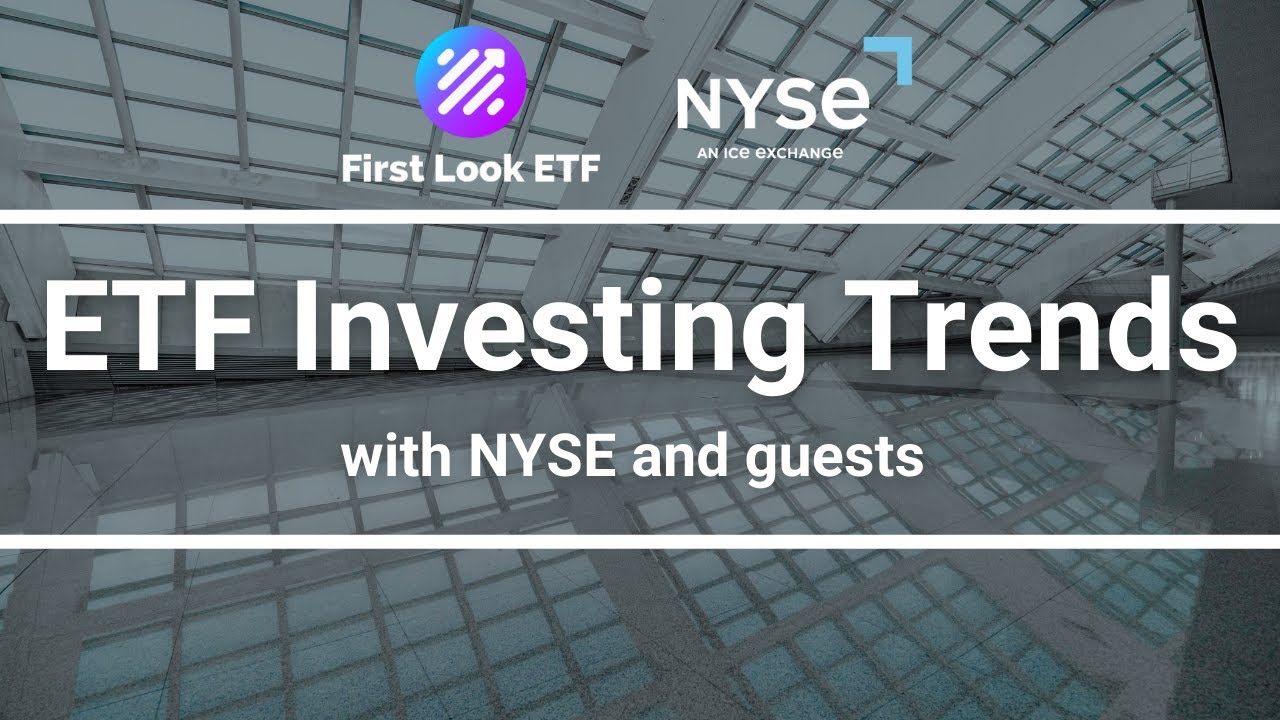Glean CEO Arvind Jain: Lessons from an AI unicorn
For Glean CEO Arvind Jain, transitioning the company from a scrappy startup to an AI unicorn with nearly 800 employees has been a challenge.

In September 2024, Glean, a six-year-old startup with a goal to build “Google for Work” using generative AI, secured a fresh $260 million in venture capital funding that valued the company at $4.6 billion. For CEO Arvind Jain, who had previously spent 10 years at Google as an engineer, transitioning Glean from a scrappy startup to an AI unicorn with nearly 800 employees has been a challenge.
“We had this constant pressure to scale every single function of our company while not creating chaos. Remember, our existing people have to spend time trying to find the new people, mentoring them, training them,” he told Fortune. “This industry is not allowing anyone to breathe.”
Luckily, he said, Glean’s AI-powered enterprise search products took off and the business has soared. But the company, which Jain said created the enterprise AI search category, now has plenty of competition. “It created this real excitement, and it has brought in companies like Google and OpenAI and Dropbox and Salesforce.”
One lesson Jain’s learned along the way is not to overestimate the impact of rivals. “I feel like people tend to blame the competition because they’re not having success,” he said, adding that most companies fail not because of the competition but because they can’t keep up. “I tell our team, ‘No. 1, think about the problem that we are solving, which in our case, is valuable to every single person that works—work is going to change fundamentally with AI.’”
If Glean has the best product, he explained, and a big opportunity, why should anyone else win? “The answer is, they will [only] win if they execute better,” he said.
Another lesson he’s learned as Glean’s CEO, Jain said, is the importance of changing how he manages the company as it grows. “I’m the one who is actually always doubting myself a little bit,” he said. “The CEOs that are more confident, it’s actually an even bigger problem for them. They need to adapt. They need to change with the times.”
For example, his role has evolved from the early days, when he ordered laptops for his employees, stocked the fridge, and coded for long hours. “I was okay doing it, and people loved it,” he said. “But now, that isn’t going to be an inspiration to anyone. It’s about making sure that we bring the best people into the company and we motivate them to bring the best out of them.”
It was the debut of OpenAI’s ChatGPT two-and-a-half years ago, said Jain, that took Glean from a category-creating startup to a leader in an exploding generative AI category. Enterprise AI search uses LLMs to help find information across hundreds of disparate company tools and applications, rather than requiring employees to hunt for answers in everything from Slack and email to Dropbox and databases. “Before ChatGPT, we were selling a product that nobody had bought before, so we had to do a lot of explaining,” he said.
In terms of its business, Glean has hit $100 million in annual recurring revenue after doubling its customer base over the past year (Jain would not disclose the actual number of customers he was comparing). In a sign of Glean’s relative might, OpenAI CEO Sam Altman in October warned his company’s own investors to avoid plowing money into five companies—Glean among them—because of competitive reasons.
But success, said Jain, has led to another lesson: Making sure to learn from others who are willing to step outside of the box. “Actually, I feel like I learn the most from the youngest people,” he said, because they are the most unencumbered and have different perspectives.
“They’re the ones who have not seen the things that I’ve seen,” he said. “They have new points of view.”
See you tomorrow,
Sharon Goldman
X: @sharongoldman
Email: sharon.goldman@fortune.com
Submit a deal for the Term Sheet newsletter here.
Nina Ajemian curated the deals section of today’s newsletter. Subscribe here.
This story was originally featured on Fortune.com






